In your pursuit of energy efficiency and cost-effectiveness, regular oil boiler servicing has a vital role to play. By making sure that your oil boiler is in its best condition, you can enhance and maintain its energy efficiency. When at its best, it keeps fuel consumption to a minimum and reduces the cost of energy.
In this step-by-step guide, we walk you through the process of optimising energy efficiency with regular oil boiler servicing.
Step 1: Schedule You Annual Oil Boiler Servicing
The first step towards energy efficiency is to schedule annual oil boiler servicing. Professional oil and gas heating specialists, such as AB Engineering, can inspect your boiler, clean its components, and identify any potential issues that may hinder its performance. By adhering to an annual servicing schedule, you can prevent breakdowns, maintain efficacy, and extend the life of your boiler.
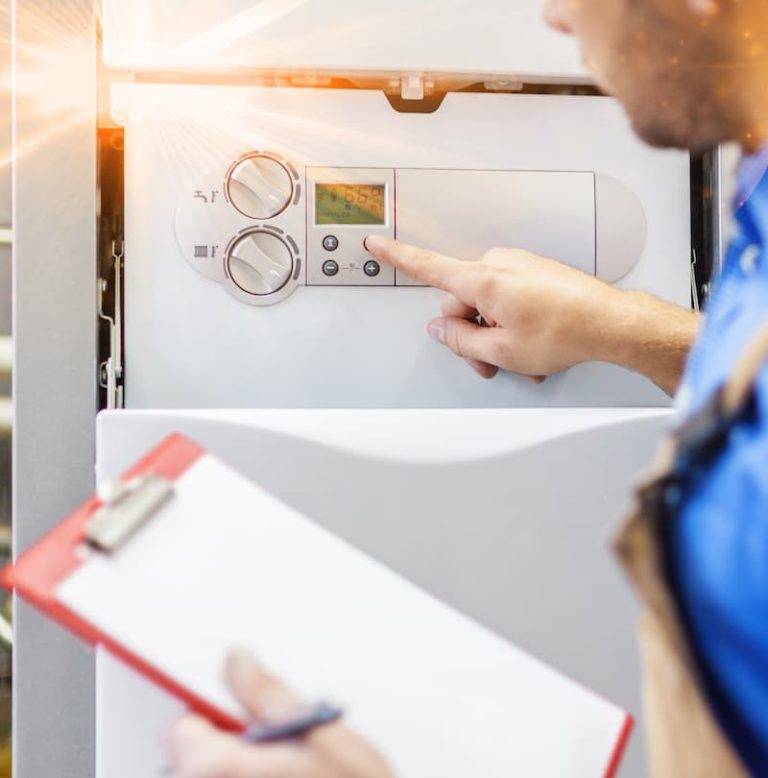
Step 2: Cleaning And Inspecting The Boiler
During the servicing process, the technician will thoroughly clean and inspect the boiler. This involves removing any soot, debris, or carbon build-up that may hinder its efficiency. They will also inspect the burner, heat exchange, glue, and other crucial components to ensure it’s in good working condition.
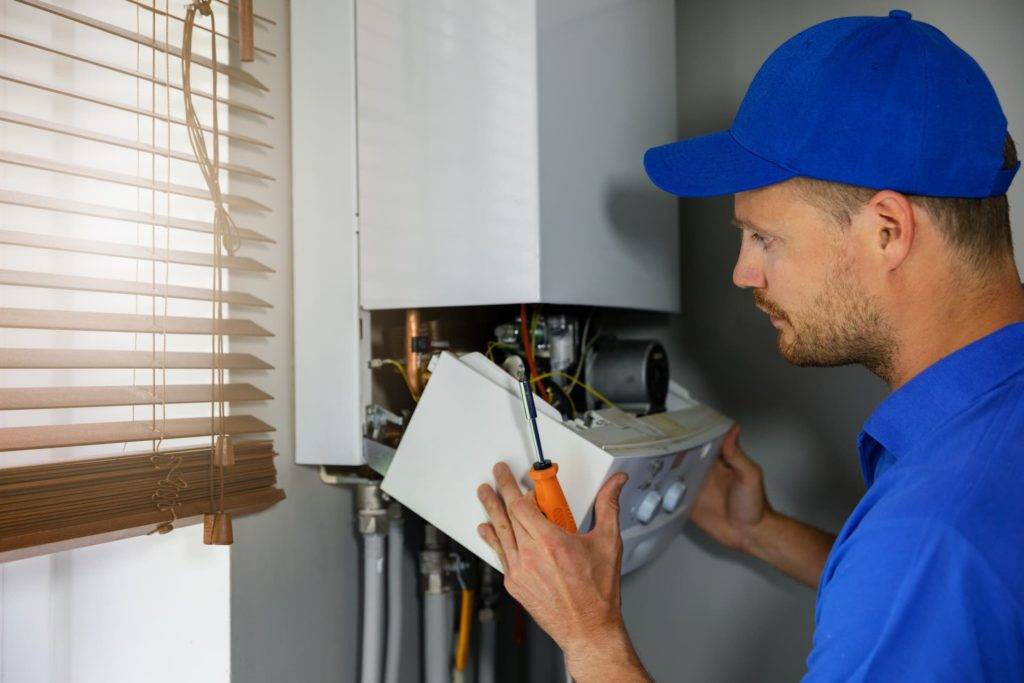
Step 3 Checking And Adjusting Boiler Controls
The technician will assess and calibrate the boiler controls, including the thermostat, pressure, and temperature settings. Proper calibration ensures that your boiler operates at the optimum temperature and reduces fuel wastage.
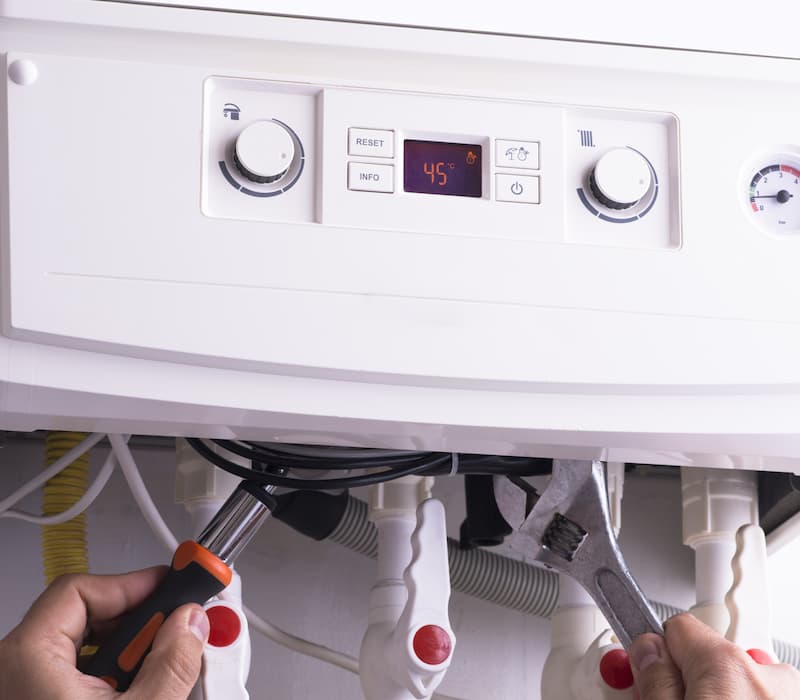
Step 4: Cleaning Or Replacing Filters
Oil boilers rely on filters to keep the fuel clean and prevent debris from entering the system. Over time, these filters can become clogged, reducing the boiler’s efficiency. As a part of the oil boiler servicing process, your technician will either clean or replace the filters. This will ensure that fuel flows properly. This is vital for proper fuel efficiency as well as your own safety.
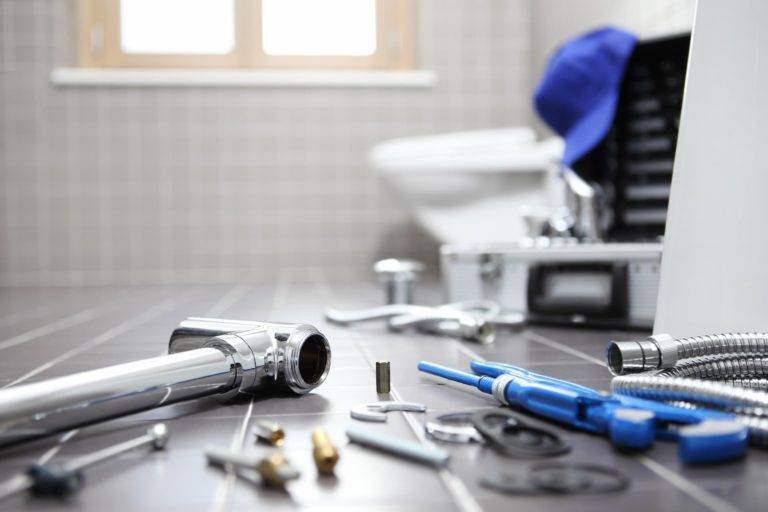
Step 5: Inspecting And Maintaining Fuel Supply
The fuel system, including the oil tank, pipes, and valves, should be inspected regularly. This is done to identify leaks, blockages, as well as a number of other issues. The technician will check for signs of corrosion, leaks, and damaged parts, repairing or replacing them as needed. A properly functioning fuel supply system ensures proper fuel delivery to the boiler, maximising energy efficiency.

Step 6: Bleeding Air From The System
Air trapped in the heating system can disrupt performance and reduce energy efficiency. To prevent this, as a part of the oil boiler servicing process, the technician bleeds the air from the system. This ensures that hot water and heat circulate properly. This process helps to maintain a consistent and even distribution of heat throughout your home.
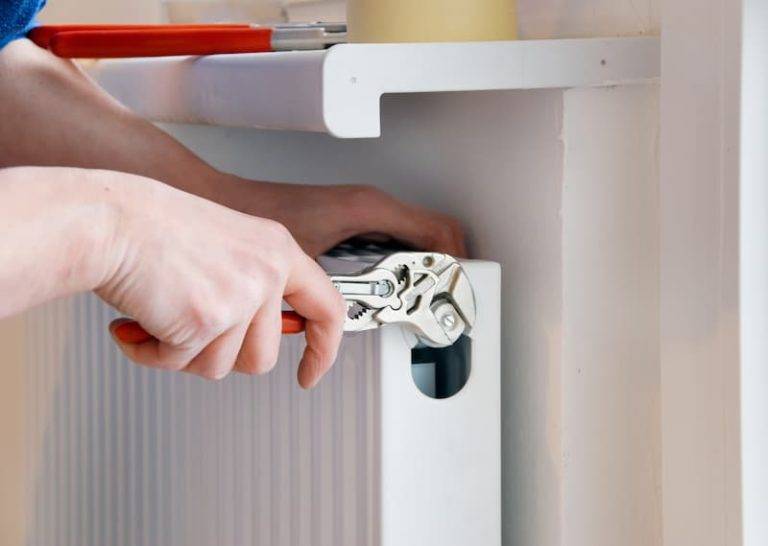
Step 7: Educate Yourself On Basic Maintenance
While annual servicing is crucial, there are some simple maintenance tasks you can perform yourself. Keep an eye on the boiler’s pressure and temperature gauges, and check for any unusual noises or smells. Moreover, you can learn how to properly bleed radiators to release trapped air, ensuring efficient heat distribution.

Contact Us
If you need oil boiler servicing, contact AB Engineering, your first choice for oil boiler servicing. We stand at the ready to offer assistance and professional advice. For more information or a free consultation, contact us today.


